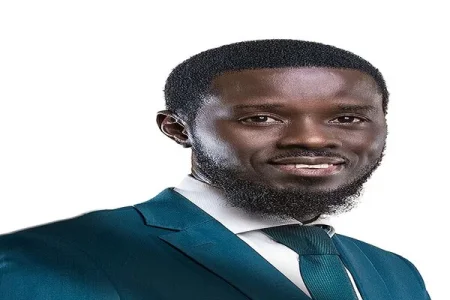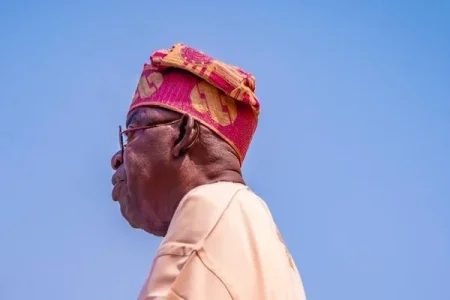
Amidst a political landscape rife with anticipation and uncertainty, Senegal's presidential election has yielded a historic outcome, with anti-establishment candidate Bassirou Diomaye Faye poised to assume the presidency. Faye's victory, declared by his main rival from the governing coalition, Amadou Ba, marks a seismic shift in Senegal's political trajectory.
At 44 years old, Faye represents a departure from traditional political norms, advocating for left-wing pan-Africanism and promising to renegotiate gas and oil contracts in a bid to revamp the nation's economic landscape. His ascent to power could usher in a new era of policies aimed at transforming Senegal's socio-economic fabric.
Despite never holding a nationally elected position, Faye's victory resonates with Senegal's youthful population, who have rallied behind his vision for change. His pledge to restore national sovereignty, combat corruption, and foster equitable wealth distribution has struck a chord with voters disillusioned by years of political stagnation.
Faye's journey to the presidency has been marked by adversity, including a stint in prison stemming from charges linked to a standoff between opposition figurehead Ousmane Sonko and the state. Released just days before the election under an amnesty law, Faye's triumphant victory symbolizes resilience and perseverance in the face of adversity.
As Senegal braces for a new era under Faye's leadership, the international community closely monitors the unfolding developments. With Senegal regarded as a bastion of democracy in a region plagued by instability, Faye's presidency holds implications far beyond the nation's borders.
As the nation awaits official results and prepares for the transition of power, Faye's win heralds a deep-seated desire for change and signals a departure from the status quo. In the words of Senegal's newest president, "It's a total revolution. Everything is going to change."


![[PHOTOS/VIDEO] Former President Buhari Laid to Rest in Daura](/data/attachments/218/218947-a494c5db17170998084dc86d95a84e3e.jpg?hash=6fLnqYF83s)
![[Video] Tinubu Receives Buhari’s Remains: Arrival in Nigeria for Burial](/data/attachments/218/218945-37b1938f44a4116ca74bcee08b49d831.jpg?hash=LQBOtEpT5v)
